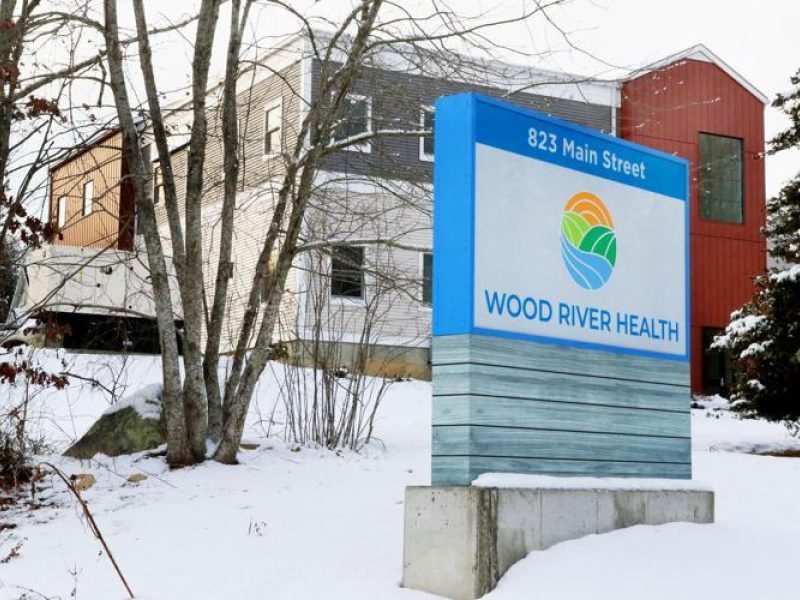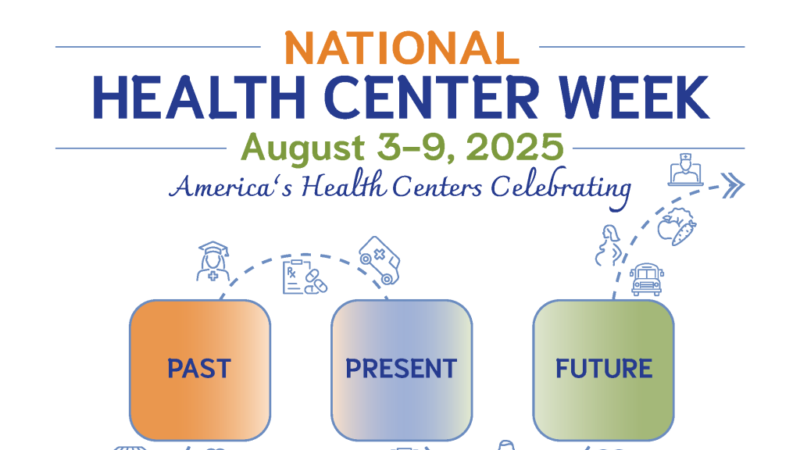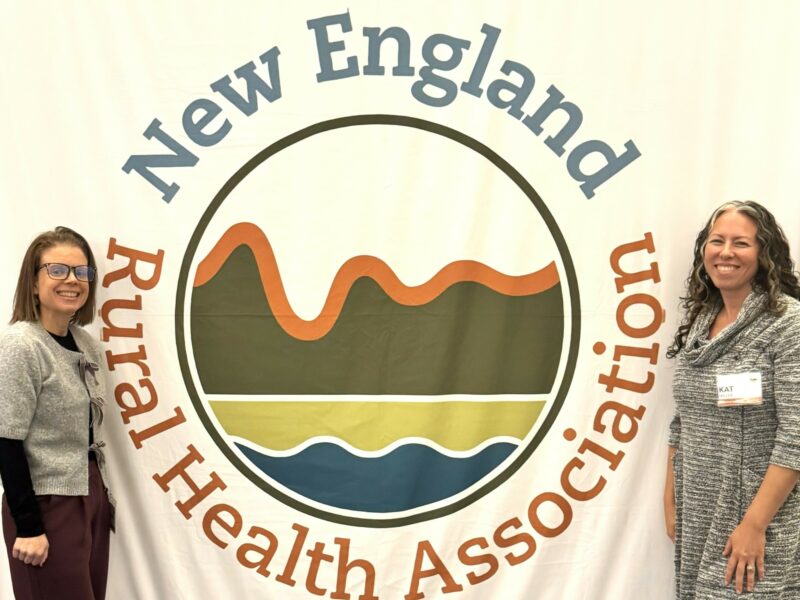


HOPE VALLEY, RI (August 1, 2025) National Health Center Week (August 3-9, 2025) recognizes the critical services Community Health Centers like Wood River Health provide and the value they deliver to American taxpayers.
Community Health Centers (CHCs) deliver innovative and integrated primary care and support services to a wide range of individuals and communities, particularly those who are medically underserved. This includes services such as preventative care, health education and chronic disease management. CHCs prioritize enhancing patient outcomes, increasing operational efficiencies and improving health equity.
The first Community Health Center opened in Dorchester, Massachusetts in 1965. Today, eight CHCs operate in Rhode Island, and one out of every five Rhode Islanders call one their home for health. CHCs deliver innovative, integrated primary care and support services based upon the unique needs of the community each serves. They play a critical role in removing barriers to healthcare access and addressing social determinants of health.
“Social determinants such as poverty, lack of education and unsafe housing create barriers to accessing healthcare and healthy living,” stated Alison L. Croke, Wood River Health’s President and CEO. “Failing to address them leads to health disparities and inequities, ultimately impacting a wide range of health outcomes. By targeting underlying social factors, community health centers work to improve overall population health, reduce healthcare costs and promote health equity.”
Federally Qualified Health Centers (FQHCs) like Wood River Health are non-profit, clinical care providers that offer comprehensive, patient-centered primary care in a federally designated medically underserved area. Once designated as an FQHC by the Health Resources and Services Administration (HRSA), health centers receive funding under Section 330 of the Public Health Service Act.
To maintain their credentials, FQHCs must prove that no patient has been denied services due to their inability to pay. They are required to offer Sliding Fee Scale Programs based upon patients’ ability to pay for health care services. FQHCs have an ongoing quality improvement/assurance (QI/QA) systems that include clinical services and clinical management while maintaining the confidentiality of patient records. They also must ensure that 51% of governing board members are current patients of the health center.
Collectively, America’s health centers provide preventive and primary care services to over 31.5 million patients at 15,000 service delivery sites located in every state and territory in the United States. In addition to creating jobs and improving patients’ quality of life, CHCs save American taxpayers $24 billion a year in health care costs by preventing and managing chronic diseases. The Congressional Budget Office reports that increased funding for CHCs lowers federal spending on public health insurance programs by over $700 million.
Patients experiencing financial concerns are assisted with applying for the Sliding Fee Scale Program. Individuals qualify for this program based on their annual gross income and family size. Participants can be insured, uninsured or underinsured. Eligible individuals receive discounts on their medical, dental and behavioral health bills.
Community Health Centers reach beyond the exam room to care for the whole person by providing them with access to necessities like food and housing. One way Wood River Health achieves this is through its Kim Hebert Community Fund. This fund was named to honor Kimberley Hebert, a health center patient who passed away in 2021 after a courageous battle with pancreatic cancer. During regular health screenings, Wood River Health’s providers ask questions to determine if patients require additional support. With the help of this fund, qualifying patients relate to the tools and resources they require to thrive.
To learn about the medical, dental, behavioral health and social support services that Wood River Health offers or about its Sliding Fee Scale Program, visit WoodRiverHealth.org.


